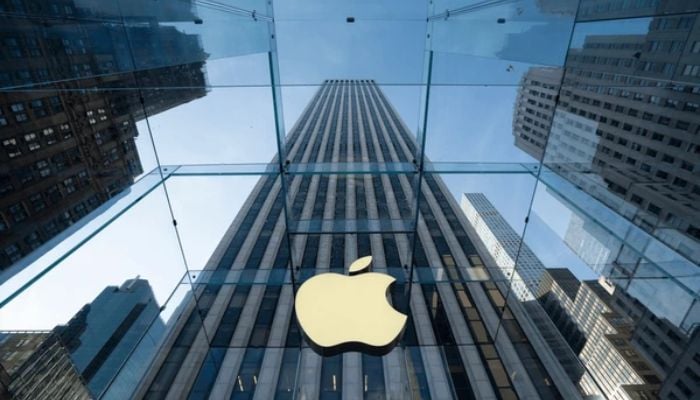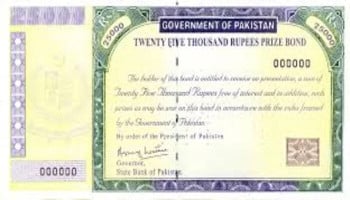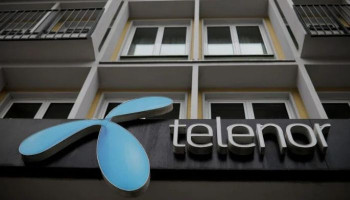
President Donald Trump has signed an executive order delaying the imposition of a 145% tariff on Chinese goods for an additional ninety days, which is a major development for Apple.
This decision, which was made just hours before the tariffs were supposed to take effect, gives Apple a much-needed break before its fiscal Q4, when the tech giant usually sees a spike in demand for its flagship products.
Although Apple is working to diversify its production base and has plans to move a larger share of iPhone manufacturing to India, the postponement of tariff implementation gives the company more flexibility to buy units from Chinese factories if needed to satisfy US demand.
Apple CEO Tim Cook emphasised the financial impact of tariffs on the company's operations during the company's Q3 2025 earnings call.
He stated that Apple had incurred a loss of $800 million during the quarter, which was $100 million less than what was initially anticipated.
Cook also issued a warning, saying that Apple might incur an extra $1.1 billion in costs during the September quarter if the current tariff regime remains unchanged.
Remarkably, Apple's stock price showed little reaction to the news, indicating that the market had already priced in the potential for a tariff delay.
As Apple negotiates the intricacies of the current trade environment, this most recent development gives it some strategic flexibility.
Without having to worry about a significant tariff increase, the company will probably use this extra time to negotiate with carriers and retailers, secure favourable supply contracts, and optimise its inventory allocation.
Apple might gain from a favourable trading environment during the important holiday season if the US government decides to prolong or cancel the tariff hike in November, which would increase iPhone 17 sales.
















